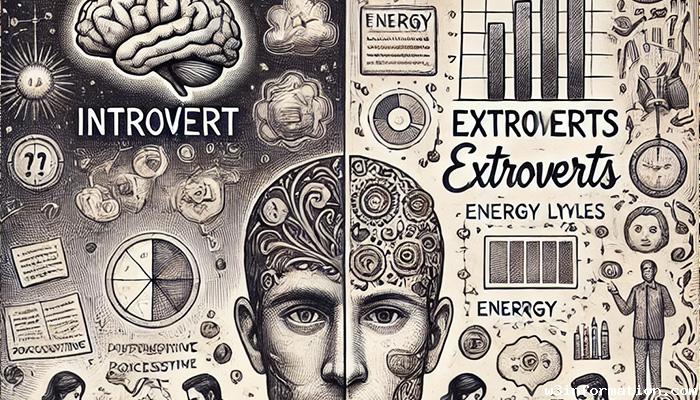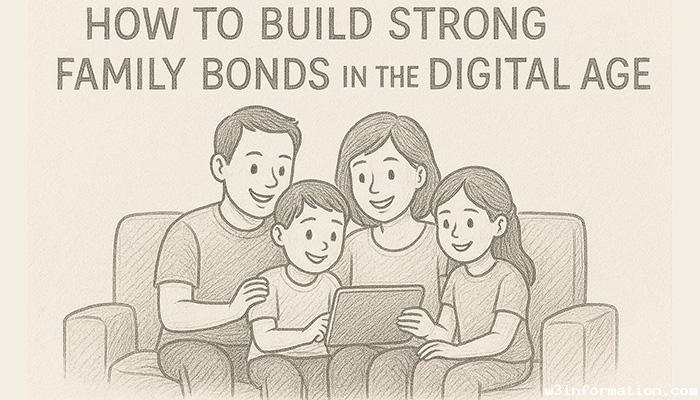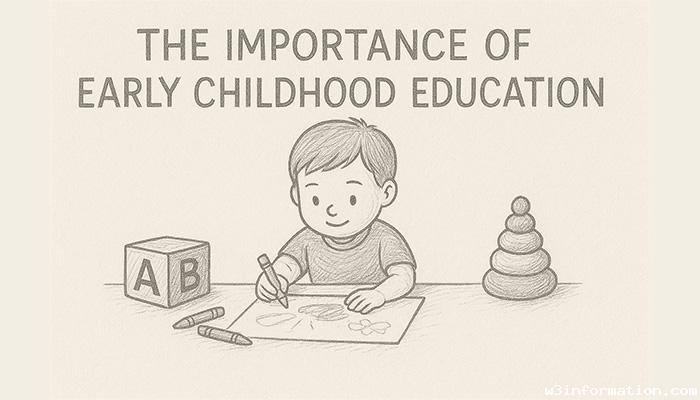Introverts vs. Extroverts: Psychological Insights
Personality determines the way people engage with their surroundings and affects their vitality levels and preferred methods of communication and social interactions. The distinction between introverts and extroverts represents one of the most recognized personality differences which psychologist Carl Jung first defined. Distinct characteristics define introverts and extroverts yet each personality type contributes unique strengths to multiple life aspects such as relationships work and personal development.
Understanding Introverts and Extroverts
People who identify as introverts find solitude energizing and favor meaningful conversations with a few individuals over attending big social events. They display introspective qualities and thoughtful behavior while preferring environments that are quiet. People with introverted tendencies show exceptional performance in tasks that demand focused attention as well as creative and autonomous thought processes. These individuals choose solitary tasks such as writing or reading because they find group work settings less appealing. These people find social interactions enjoyable but experience mental exhaustion from them which makes solitude essential for their energy recovery.
Social interaction and external stimulation helps extroverts to develop and excel. Outgoing people express themselves fully and gain energy through social interactions with others. Extroverts find joy in discussing topics with others and building social networks while actively taking part in group events. Extroverts usually communicate spontaneously and prefer dynamic settings. Extroverts prefer fast-paced work settings and social gatherings that allow them to connect with numerous people because they seek excitement and stimulation.

The Role of Brain Chemistry
Introverts and extroverts show behavioral differences because their brain chemistry operates differently. Research indicates that introverts and extroverts metabolize dopamine differently since this neurotransmitter governs pleasure and reward systems. Extroverts need more dopamine stimulation which leads them to pursue rewards found in social activities, adventurous experiences and novel situations. Introverts display increased sensitivity to dopamine which results in quicker feelings of overstimulation and leads them to seek out environments with reduced external stimulation.
Introverts depend on the parasympathetic nervous system that encourages relaxation and deep thought while extroverts depend on the sympathetic nervous system that drives actions and responses to outside stimuli. The neurological disparity between introverts and extroverts accounts for introverts' preference for tranquil spaces and extroverts' pursuit of lively settings.
How Personality Affects Work and Social Life
Introverts and extroverts display differences that surpass individual preferences and impact their performance across work and social settings.
Work Environment:
Introverts usually choose professions which enable them to concentrate deeply while working alone and avoid excessive social interaction, for example writing or research and programming jobs. These individuals excel when their work involves meticulous attention to detail and developing plans for the future. Extroverts excel when working on team projects that necessitate collaboration and effective communication as well as swift decision-making abilities. Their social and energetic nature makes careers in sales, marketing, or public relations ideal for them.
Leadership Styles:
Extroverts demonstrate leadership qualities through assertiveness and charisma but introverts excel as leaders by building strong relationships, supporting thoughtful decisions and creating inclusive environments. Research indicates that introverted leaders demonstrate high effectiveness when they lead proactive teams.
Social Preferences: When in social situations, introverts find enjoyment in meaningful discussions with intimate friends instead of participating in casual conversations with big groups. Introverts require time to recover once they have been around others for social events. People who exhibit extroverted characteristics find large social gatherings energizing and actively look for chances to connect with new people. They receive energy from engaging with others and relish in impromptu social events.
Are You an Introvert or an Extrovert?
Personality traits function as a continuum where individuals display elements of both introversion and extroversion. People who exhibit both introverted and extroverted characteristics within themselves are referred to as ambiverts. Ambiverts possess the ability to connect well with both social environments and periods of solitude. They appreciate meaningful dialogues yet excel when surrounded by dynamic social settings.
Knowing one's position on the introvert-extrovert spectrum enables people to effectively manage their personal abilities and obstacles. This understanding promotes self-awareness which supports individuals in selecting work settings and social interactions that fit their inherent preferences.
Conclusion
Both introverts and extroverts possess distinctive attributes which shape their capabilities and how they connect with their surroundings.
Both personality types have their unique strengths which make them valuable in both personal and professional settings. Understanding and valuing the differences between people enables better communication and stronger relationships while fostering deeper self-awareness and awareness of others. People achieve a more rewarding and stable existence when they accept their natural traits and learn to be flexible.
 Top 10 Comfort Foods to Try This Winter
Top 10 Comfort Foods to Try This Winter
 Top 10 Christmas Destinations Around the World
Top 10 Christmas Destinations Around the World
 Navigating Adolescence: Tips for Parents and Teens
Navigating Adolescence: Tips for Parents and Teens
 How to Start a DIY Craft Project on a Budget
How to Start a DIY Craft Project on a Budget
 How to Build Strong Family Bonds in the Digital Age
How to Build Strong Family Bonds in the Digital Age
 The Importance of Early Childhood Education
The Importance of Early Childhood Education